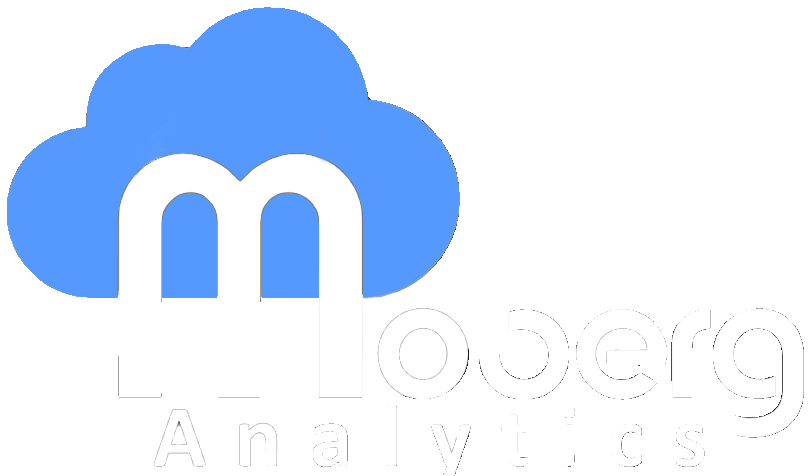RESOURCES
WEBINARS, VIDEOS, & PODCASTS
Free webinar series, recurring monthly
Case Studies in Neurocritical Care AI
- Equip clinicians with the necessary skills to leverage neurocritical care data effectively.
- Foster a deeper understanding of data handling techniques specific to neurocritical care scenarios.
- Foster a collaborative learning environment where participants can share insights and best practices with colleagues.
- Empower clinicians to address their own neurocritical care data challenges confidently and effectively.
Each session focuses on real-world case study from us and/or your colleagues.
We walk participants through the steps to recreate the analytics that answer the neurocritical care question(s) presented. Sample code, Jupyter notebooks, and data are all provided to enable you to experiment with and apply these methods to your own data problems.
Sessions cover data handling, tools, feature engineering, cohort selection, model training and tuning, visualization, and much more! Previous webinar topics have been:
- Background to modern AI, machine learning, and deep learning methods
- The role of analytics and big data in TBI research
- Techniques to predicting GOS-E outcomes
- Beta oscillations and traveling waves with recovery from TBI
- The development of data-driven techniques to individualize TBI treatment
- Challenges in EEG data harmonization and algorithm deployment
Sessions are:
- Recurring monthly
- Free of charge
- Available to all, regardless of experience or title
- Limited in space
Webinar Archives
Dr. Balança & Dr. Ghibaudo explore how to visualize and analyze the interplay between markers of cortical injury such as cortical spreading depolarization and subcortical impairment such as heart rate and respiratory rate variability.
Dr. Amorim discusses his experience developing, a multicenter EEG database of 1,000+ patients with coma post-cardiac arrest. He reviews challenges in EEG data harmonization and algorithm deployment.
Shubhayu speaks on investigating the development of data-driven techniques to discover dynamic processes that unfold after TBI, broaden patient context considered for prognosis, and individualize treatments.
Dr. Vaz speaks on how he brings his enginering background and interest in brain electrophysiology to his neurosurgical practice and research.
Our very own Ethan Moyer, Director Product Development, demonstrates a few techniques to predicting GOS-E outcomes on BOOSTII patients using Python.
Dr. Diaz-Arrastia speaks on his experience as a leader in TBI research and comments on how analytics and big data can advance his work into the future.
Professor Ed Kim returns to bring us up to speed on the background of modern AI, machine learning, and deep learning methods.
Julian Bösel, Professor of Neurology at University Hospital Heidelberg in Germany, discusses the differences between European and American neurological institutes, the role of the DGNI, and the challenges and future of neurocritical care.
We interviewed four people knowledgable about the use of psychedelic therapy for PTSD at the Psychedelic Science 2023 Meeting in Denver, Colorado.
Dr. Mark O’Sullivan, CEO & Co-Founder of NeuroBell, discusses enabling real-time and automated detection of neonatal seizures at the bedside through NeuroBell.
Podcast Archives
Dr. Ramani Balu was an early user of multimodal neuromonitoring and one of the first to manage highly acute neurocritical care patients with the gestalt of monitoring metrics rather than individual thresholds. He relays how we got into this mode of patient management while at the University of Pennsylvania, and how he set up a framework for interpreting the data.
Dick Moberg describes how the pandemic changed his life and set the stage for a new company focusing on the future of neurocritical care informatics. Season 2 resumes this podcast on multimodal neuromonitoring, but with a focus on machine learning and informatics.
